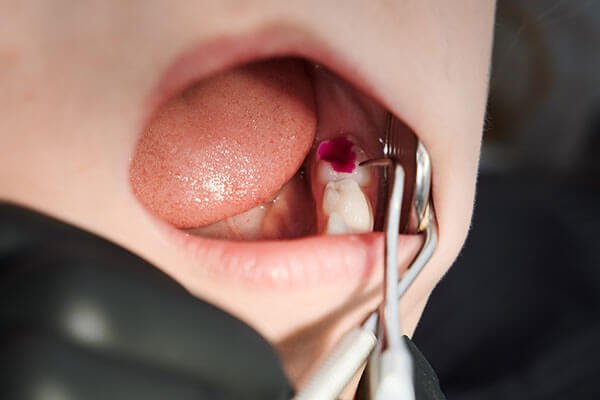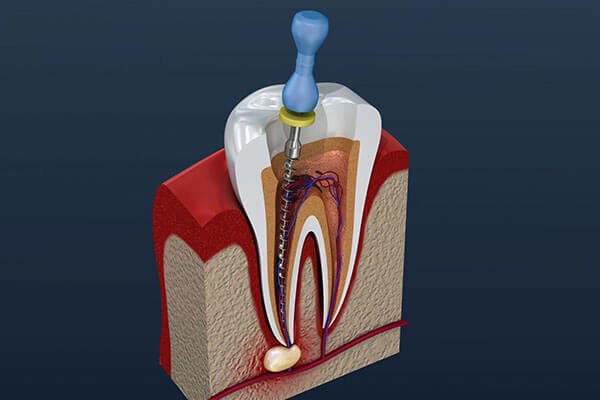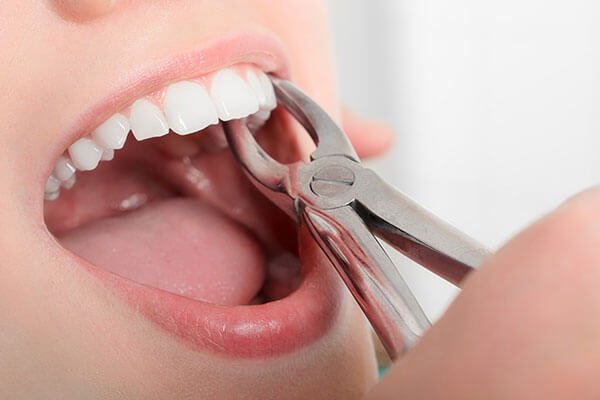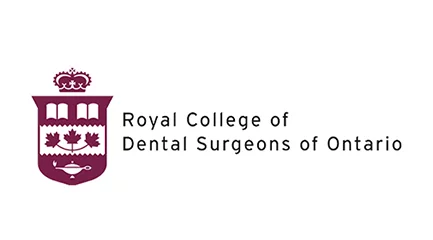Are you aware that a dental abscess could be the reason behind your painful toothache? Well, the good news is that not all stages of an abscessed tooth are extremely painful. In fact, different stages can come with different symptoms.
However, sometimes, toothache can become unbearable, but understanding what causes it can help alleviate the pain. The sensitive nerves in your tooth can be triggered by various factors, including abscess formation. So, buckle up as we dive into the intricacies of tooth abscesses and the best treatment options available. This blog also intends to shed light on valuable insights into the stages of tooth abscess. So, continue with your read:
WHAT IS A TOOTH ABSCESS?
Dental infections caused by bacteria can sometimes lead to the accumulation of pus in the affected area, resulting in the formation of a dental abscess. Although a dental abscess can cause discomfort and pain, it is a natural defense mechanism of the body against infection. The abscess helps to separate the infection, preventing it from spreading to other parts of the body.
Dental abscesses primarily occur in the gums or teeth and can cause damage to the periodontium, which is the tooth structure consisting of the gum, periodontal ligament (PDL), and hard compact alveolar bone. While the abscess may protect the body against the infection, it can also cause irreparable damage to the teeth and gums. In some severe cases, tooth extraction may be the only solution to fix this issue.
SYMPTOMS OF A TOOTH ABSCESS:
The most recurring symptom of an abscessed tooth is pain. People suffering from this dental problem describe the pain as throbbing and intense and may sometimes radiate to the neck, ear, or jawbone.
Other common symptoms may include:
- Severe sensitivity to extremely hot or cold foods and beverages.
- The presence of a bad taste in the mouth
- Trouble while opening the mouth or swallowing
- Insomnia or difficulty staying asleep
TYPES OF TOOTH DECAY:
Tooth decay is typically classified into the following categories:
- Periapical: When bacteria infect the innermost layer of the tooth, pulp.
- Periodontal: When bacteria contaminate the gums.
- Gingival: Decay that occurs when food particles get stuck in your gums.
Although some skin abscesses can heal without intervention, a tooth abscess always requires medical or dental attention. Tooth abscesses do not heal on their own, and if left untreated, they can spread to other parts of the body, causing serious complications. Therefore, it is essential to seek prompt medical attention if you suspect you have a tooth abscess.
STAGES OF TOOTH ABSCESS:
A tooth abscess usually advances in the following stages:
1. ENAMEL LAYER DECAY:
The outer layer of our teeth is called enamel, and it is the first layer that gets affected. This happens because of the buildup of plaque. Some people may not feel any other signs, but some may face sensitivity or see spots on their teeth.
2. DENTIN DECAY:
If tooth decay is not treated on the surface layer of the tooth, it can spread deeper into the dentin. When the decay reaches this stage, the affected person may experience intense sensitivity or even a hole in the tooth.
3. PULP DECAY:
The pulp, being the deepest layer of a tooth, is highly sensitive and reacts to various triggers. Bacteria can easily infect the nerves in this layer, leading to pain. In case of an infection, the pulp eventually dies, and abscess formation may occur.
4. FORMATION OF ABSCESS:
Upon reaching the pulp, the inflamed tissue extends beyond the teeth into the surrounding jawbone or gums. This results in the development of swelling and discomfort throughout the oral cavity.
5. FURTHER COMPLICATIONS:
It is crucial to address tooth abscesses at the right instance in order to avoid potential complications. Delayed treatment could lead to severe outcomes, such as tooth loss, which can have a significant impact on your overall oral health.
Additionally, bacteria from an untreated abscess can spread to the bloodstream, leading to sepsis, which can be life-threatening. Hence, it is essential to take care of your dental health. And address any concerns promptly to prevent complications and maintain your overall well-being.
TREATMENT OPTIONS:
The treatment options for tooth abscess intend to get rid of the infection inside the tooth:
1. INCISE AND DRAIN THE ABSCESS:
During this procedure, the dental professional opens a small cut, exposing the abscess. This will drain out the infected pus. Afterward, dentists usually wash the affected area with the help of saline salt. Sometimes, when it is needed, dentists also place a small rubber drain to keep the inflamed area open for drainage until the swelling completely wears off.
2. ROOT CANAL:
The restoration of an infected tooth can be achieved by the removal of the diseased central tissue (pulp) and draining of the abscess through drilling by a dentist. This process is followed by the filling and sealing of the tooth’s pulp chamber and root canals.
In cases of back teeth, a crown may be necessary to strengthen the tooth. With proper maintenance, it is possible for the restored tooth to remain functional for a long time.
3. PULL THE AFFECTED TOOTH:
If the decay has advanced to the last stage, the tooth no longer remains curable. In such cases, the affected tooth may need to be extracted by a dentist to get rid of the infection.
4. ANTIBIOTICS:
In the event that the infection is confined only to the abscessed region, antibiotics may not be necessary. However, if the infection has spread to adjacent teeth, it is likely that your dental practitioner will prescribe antibiotics to prevent further progression. Additionally, if a patient has a weak immune system, the dental practitioner will certainly prescribe the use of antibiotics.
KEY TAKEAWAY:
Dealing with an abscessed tooth can be tough, but with proper treatment, it should clear up within a few days. Moreover, it is essential to follow up with your dentist to ensure that the infection doesn’t spread to other parts of your mouth.
In order to reduce the risk of an abscessed tooth, it is extremely important to practice good oral hygiene and have regular dental checkups every six months.














